
Holiday 2014 gift guide for procrastinators
You lazy son of a bitch. It's Sunday, Christmas is Thursday, and you still haven't started shopping for gifts? Don't worry, we've got your ass covered with a quick, down-and-dirty gift bonanza. It's an eclectic mix because we have the attention spans of mice intoxicated by coffee and Krispy Kremes.
Lucky you. Many U.S. online shops grub for dollars by offering last-minute, free one-day shipping. Ha! There are some rewards waiting until Santa attaches reindeer to the sleigh. Read fast, because some of these are deals that won't last -- and when we say this grab bag is random, we mean it.

Twitter could be on the verge of introducing auto-playing video ads
A little over a year ago, Facebook introduced videos that play automatically. If a report from AdWeek is correct, it looks as though others thought that this was a great idea because Twitter is reportedly considering implementing the same feature. As this is a report that appeared in AdWeek, it should be clear that one of the most likely reasons for introducing the feature would be to increase the visibility of ads.
Just as with Facebook, the concern here is that -- as well as being considered by many as an invasion of, if not privacy, then virtual personal space -- it will lead to an unwanted increase in data usage.

Predictions: Top ten mobile trends for 2015
It takes a brave man to make technology predictions in this day and age. Well, never one to shirk a challenge, I’ve been looking into my crystal ball, and with 2015 looming large, I’m putting my head above the parapet to make my top ten mobile predictions for the next 12 months.
Every year, competition in the smartphone space becomes more intense than ever. But we have reached a tipping point. Even the big guns, such as Samsung, are under massive pressure. All vendors will be looking for a killer new differentiator and this means things can (and probably will) get crazy. So, expect to see some wacky concepts making it to the front line of vendor’s product offerings.

Expanding on 'New Questions in Mobile'
Benedict Evans recently wrote an insightful piece exploring new questions for the mobile industry. Among the five questions he brought up, I believe that the evolution of interaction models and messaging will end up being the most important.
I don't have anything to add there as think Benedict's analysis here was excellent. However, I do think that three of his questions could benefit from deeper analysis. I also think that he may have missed a crucial question brought on by the scale of the mobile industry.
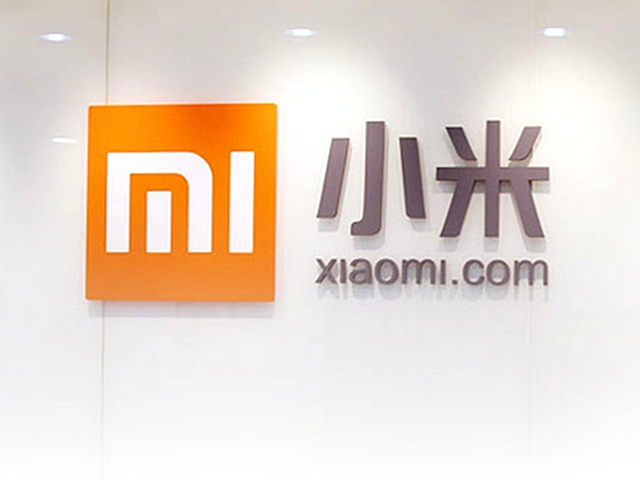
Xiaomi infringes Ericsson patents in India, local court bans sales until February 2015
Xiaomi has enjoyed great success in its home market of China, becoming the largest vendor in the country in Q2 2014, beating Samsung for the title. The company also was the third-largest smartphone maker worldwide in Q3 2014. And things appear to only be looking up for Xiaomi, with shipments expected to grow at a still rapid pace.
One of the reasons why Xiaomi has managed to reach the top spot in its home country is the permissive local legal system, in relation to patents. The company hasn't really been challenged locally by any of the big non-Chinese players, as quite likely any suits filed against it for patent infringement would be lost by the plaintiffs. Western companies have been dealing with this problem for (too) many years. However, as Xiaomi expands into India, it has to deal with a different legal system, one which just sided with Ericsson in a case of patent infringement. The outcome?
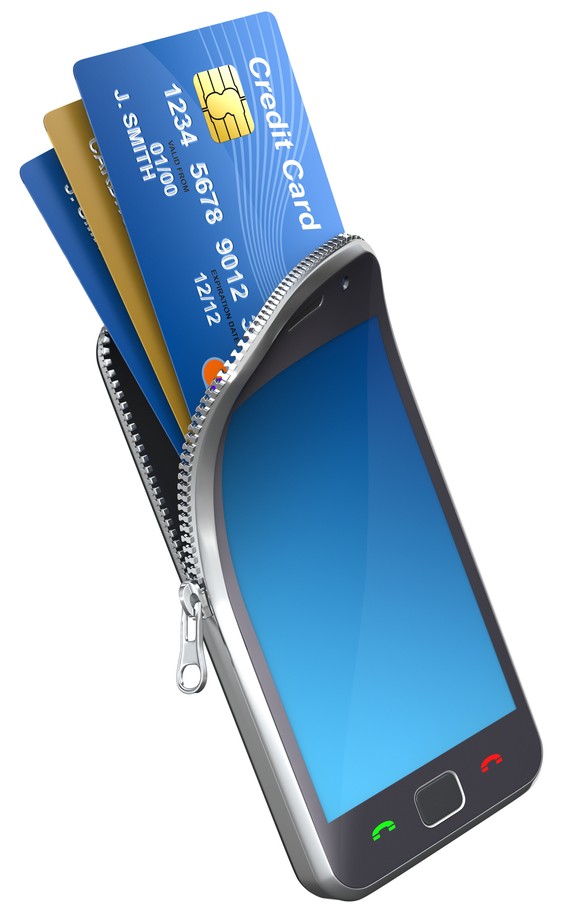
Mobile payments slow to take off but Starbucks leads the way
According to figures from Grand View Research the mobile wallet market is set to reach more than 1,400 million users by 2020.
But a new report by customer engagement specialist PunchTab shows that so far mobile payments are still the preserve of the early adopter.

Facebook tells advertisers how to (very) closely target users this holiday season
Ads are hard to avoid at the best of times, but it has a tendency to get a little worse in the run-up to Christmas. Advertising has become increasingly prolific on social networks, and this is certainly true of Facebook. As we enter the holiday season, Facebook is providing advertisers with advice that will enable them to deliver finely-tuned ads at highly specific sets of users.
If you picked yourself up a new tablet in the Black Friday or Cyber Monday sales, Facebook makes it possible for advertisers to pick you out of the masses. The social network is not only rolling out a couple of new features to help with targeted advertising, but also providing tips for more successful campaigns.

Enterprise mobility set to remain a hot topic for 2015
It's that time of year when industry analysts like to start rolling out their predictions for the year ahead. One of the first out of the blocks is technology research specialist Ovum with a new report on enterprise mobility.
Up to now mobility has been driven by the consumer market with employees demanding to use their own devices in the workplace. Among Ovum's predictions are that this will continue to lead to a 'mobility mismatch' where employee demand isn't matched by IT department's ability to deliver.

Permission-free post-loading lets carriers push crap apps to Android handsets
It used to be that you'd buy a new PC or laptop and have to spend the first hour or so removing all of the crap that the manufacturer had installed. The same idea carried across to mobile phones, particularly in the case of Android handsets, but the key difference is that -- at least without rooting -- many carrier apps can be all but impossible to remove. Now, thanks to "post-loading" the problem is about to get worse.
As the term suggests, post-loading makes it possible for a carrier to push apps to handsets and install them secretly. This is all thanks to Digital Turbine's Ignite system, and the likes of Vodafone, Verizon, T-Mobile and more are listed as clients. Of course, it's all about money or, as Digital Turbine puts it, "maximizing the efficiency of pre and post loading applications on smartphones for more advertising revenue".

Make It Happen! Microsoft wants to help you keep your New Year's resolutions
The countdown to the end of 2014 is now underway. With less than a month until the arrival of 2015, Microsoft -- specifically Microsoft Lumia -- wants to help anyone making a New Year's resolution to stick to their goals. The idea is simple. Research shows that people are more likely to hold their resolve if they make a public pledge of their intentions. With this in mind, the #MakeItHappen encourages anyone with a goal for 2015 to announce it.
But more than just giving you a public place to announce what you would like for the New Year, Microsoft is also selecting one person a day throughout December and will help them complete their unfulfilled resolutions from 2014.
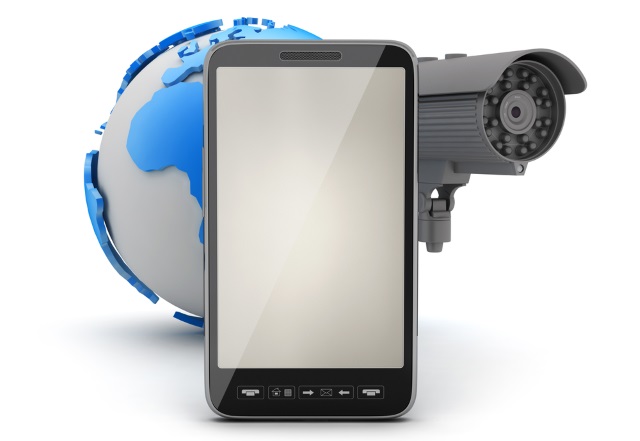
Now Twitter is going to start monitoring which mobile apps you download
Hate 'em, loathe 'em or abhor 'em, it's hard to avoid ads. You know that you're a consumer. Companies exist because you consume, and you are encouraged to consume more and more. To help lead you to consume, you need to be subjected to advertising -- it's all part of the money-go-round of using the web.
Tailored ads are more likely to bring in cash, and social networks are in the business of gathering information about their users with a view to delivering the most laser-focused targeted advertising possible. The latest venture by Twitter involves keeping tabs on the apps you install on your iOS or Android phone or tablet.
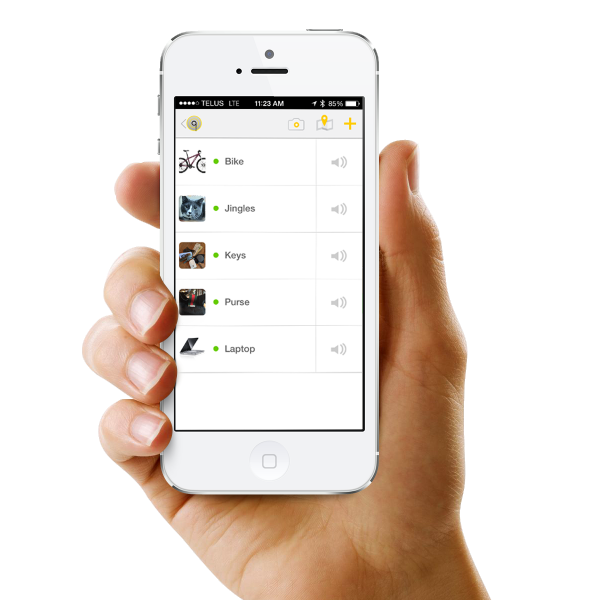
Cloud-based tracking creates an internet of lost things
Electronic tags to help stop you losing stuff are nothing new. But usually they rely on Bluetooth or similar to sound an alarm when an object goes out of range.
A new solution from Canadian company Linquet mixes the cloud and the sharing economy to track tagged devices in a kind of internet of lost things.
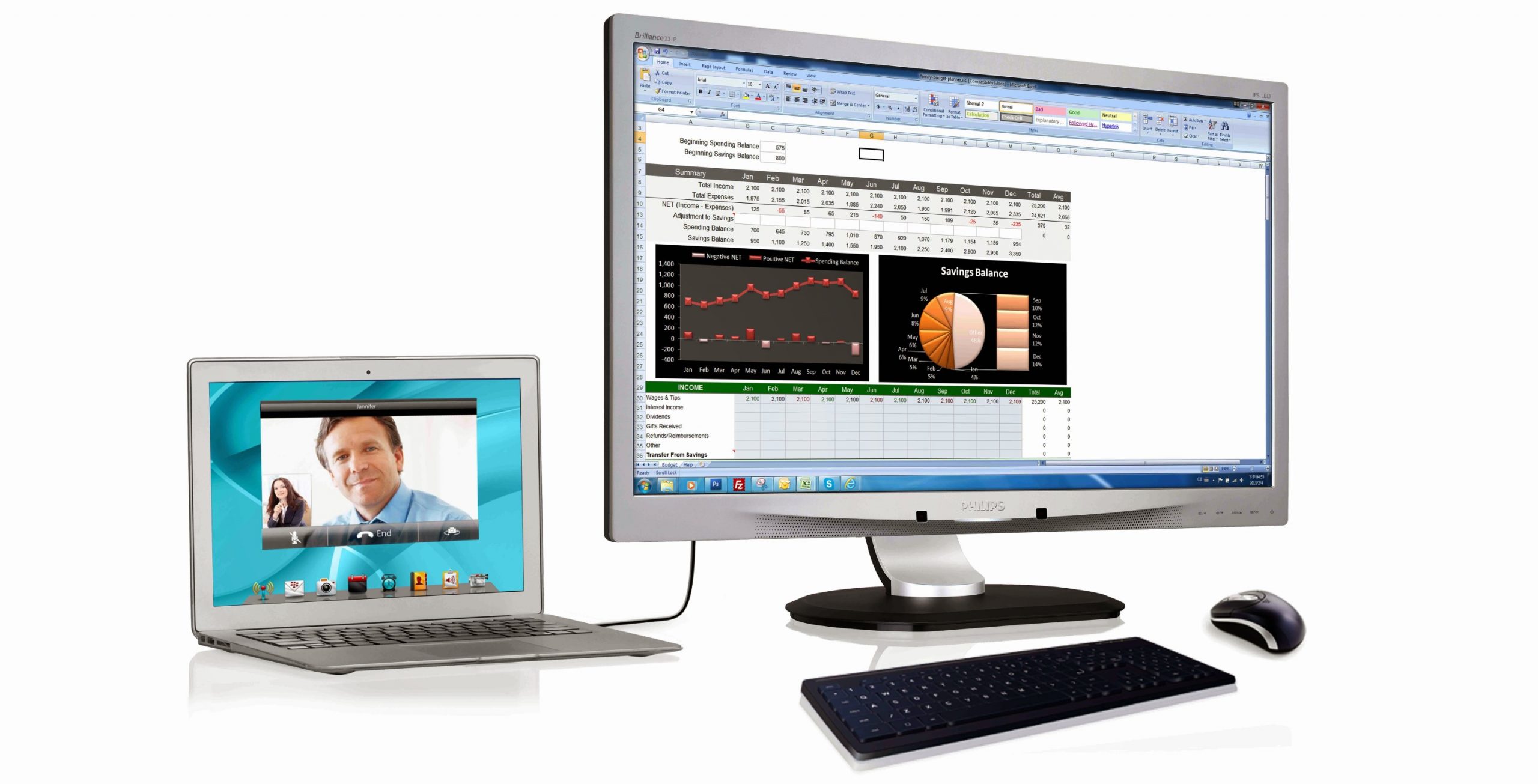
Philips launches full HD display with easy one-plug access
Anyone who's tried to connect a notebook to a big screen for use in meetings or presentations knows it can be a process that's fraught with difficulty, particularly when it comes to finding the right connection and cable.
The latest release from electronics giant Philips solves this problem by offering simple, one-plug access to desktop equipment, networks, intranet and internet via a single, super-speed USB cable.

The security challenge of business mobile devices
The trend towards mobile devices and BYOD is great for productivity but it creates new challenges in terms of keeping information secure.
Identity and access management specialist Ping Identity has produced an infographic looking at the vulnerabilities introduced by letting employees use mobile devices.

WatchDox finds and protects sensitive documents anywhere
With more and more data stored in the cloud or accessed from corporate systems on mobile devices, security and regulation becomes a major concern.
Enterprise file sharing specialist WatchDox has announced a new solution to both detect and protect sensitive files everywhere, on every device.
